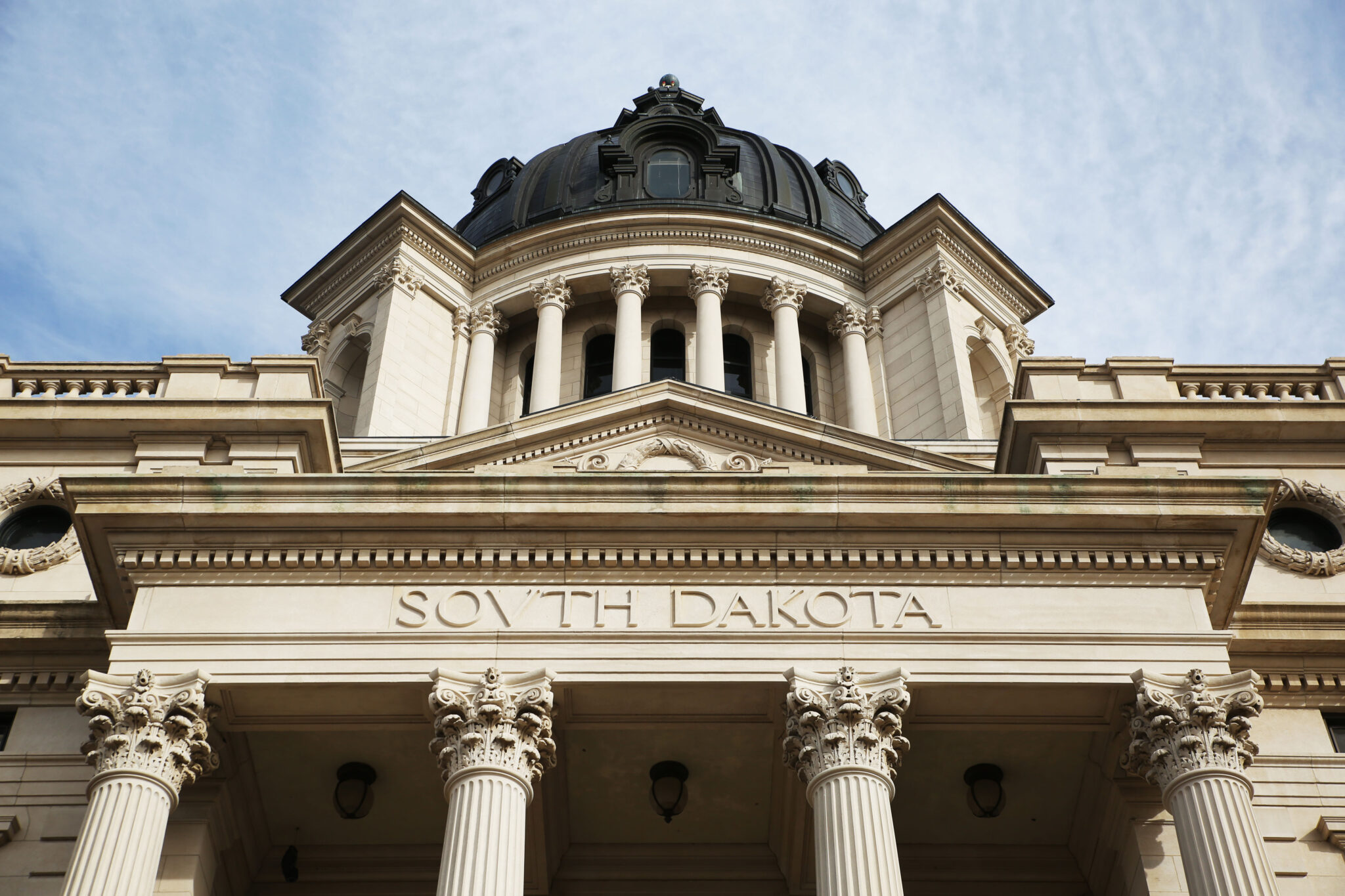
Makenzie Huber, South Dakota Searchlight
A South Dakota Senate committee advanced bills Thursday at the Capitol in Pierre to raise the age for buying a lottery ticket and increase the number of video lottery machines allowed per business, while defeating a bill to raise video lottery betting limits.
Raising minimum lottery ticket age
The Senate Commerce and Energy Committee voted 5-3 to endorse Senate Bill 203 to raise the minimum age to purchase a lottery ticket from 18 to 21. That would align with other age restrictions for gaming, drinking and purchasing tobacco products, said Sen. Michael Rohl, R-Aberdeen.
The South Dakota Lottery opposed the bill, adding that less than 1% of lottery ticket sales are from adults between 18 and 21 years old. But losing those sales would cost the state roughly $860,000 annually, based on last fiscal year’s sales.
Video lottery machine numbers, bet limits
Lawmakers on the committee also voted 5-3 to pass Senate Bill 205, which would raise the maximum number of video lottery machines at an establishment from 10 to 15 machines. They voted 5-3 to defeat Senate Bill 206, which would double betting limits for video lottery machines.
The difference, said Sen. Steve Kolbeck, R-Brandon, is between regulation and expansion.
Increasing the number of machines at an establishment could increase the number of machines throughout the state. But the focus is primarily to allow “flexibility” for business owners with multiple locations to move their machines to where they’re more successful, Kolbeck said.
The state and business owners split income from the video lottery machines in half, but the business owners are responsible for machine upkeep, employing staff to monitor the machines, overhead expenses and more.
“This gives them leeway to make their margin in overhead,” Kolbeck said, “not necessarily add more machines.”
The legislation to increase betting limits is an expansion, Kolbeck later said in opposition to SB 206.
Representatives of gaming businesses said the increase is an inflationary adjustment, since the state’s maximum betting limit hasn’t increased from $2 since 1989. But lawmakers weren’t convinced.
SB 203 and SB 205 will head to the Senate floor.
